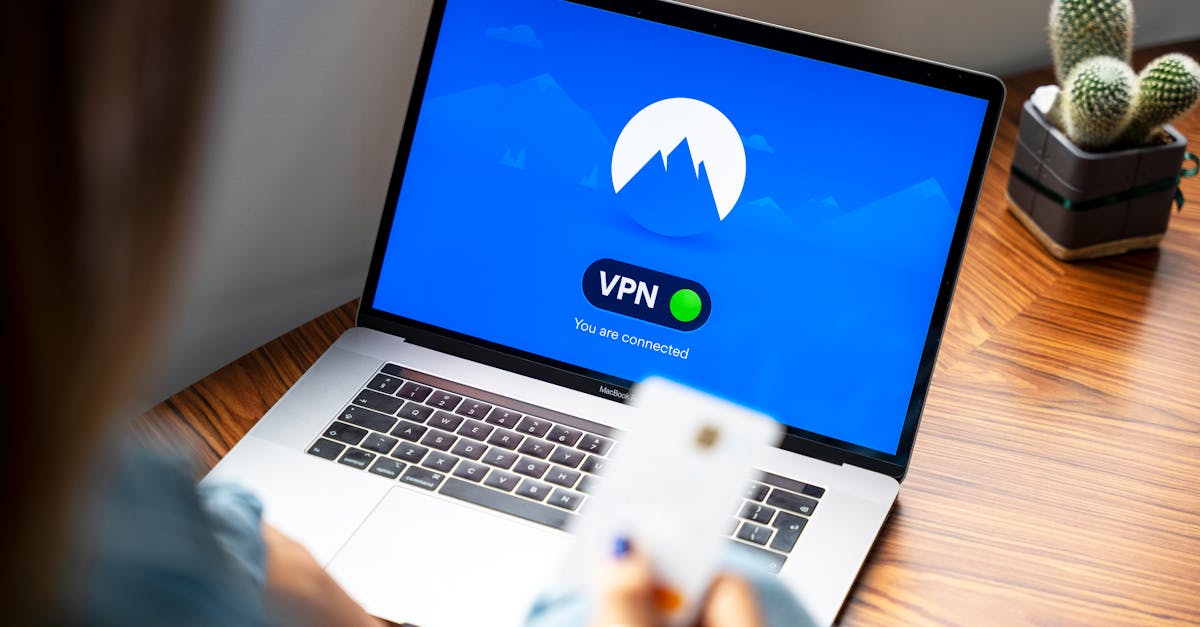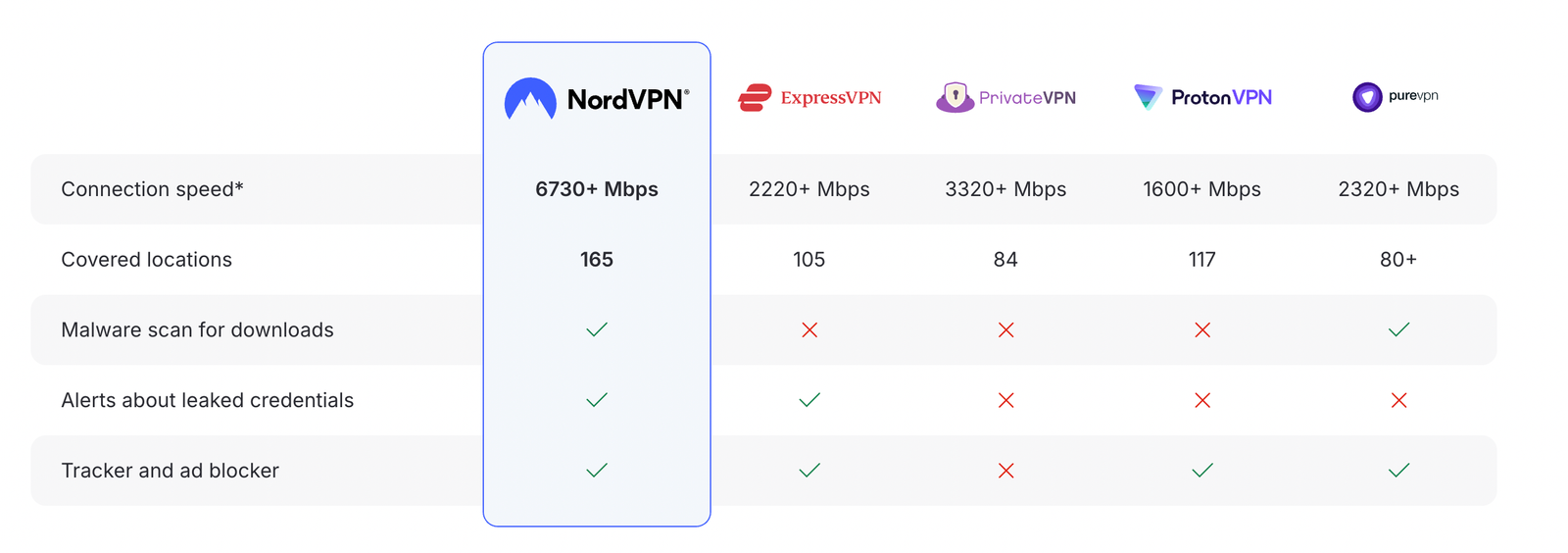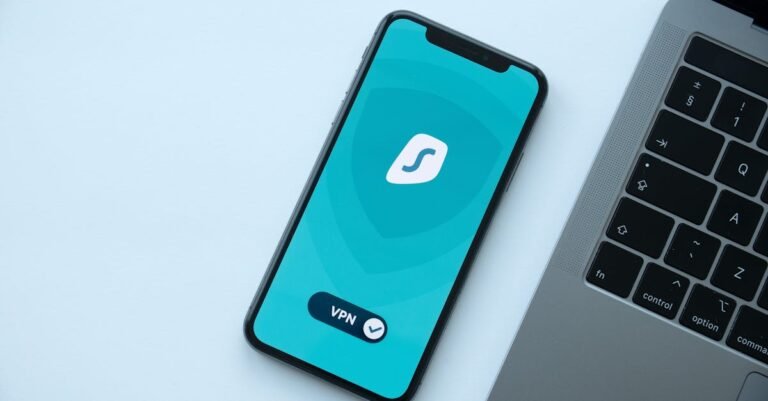Virtual Private Networks Defend Against Network Compromise
Virtual Private Networks, or VPNs, are essential tools for online security. They create a secure tunnel for your data, protecting it from hackers and prying eyes. In an era of increasing cyber threats, VPNs encrypt your internet traffic and mask your IP address. This prevents unauthorized access and defends against network compromises. Whether you’re browsing at home or on public Wi-Fi, VPNs ensure your privacy. They are simple to use and vital for anyone concerned about digital safety. SEO-friendly keywords like “VPN security” and “network protection” highlight their importance in safeguarding personal information.

Understanding VPN Basics
VPNs work by routing your internet connection through a secure server. This process encrypts your data, making it unreadable to outsiders. Hackers often target unsecured networks to steal information. VPNs add a layer of protection by hiding your real IP address. Moreover, they prevent ISPs from tracking your online activities. Many users rely on VPNs for everyday tasks like banking or shopping. These tools are compatible with various devices, from smartphones to laptops. In essence, VPNs form a virtual barrier against potential breaches. Additionally, they support remote work by securing connections on public Wi-Fi. Understanding these fundamentals helps users appreciate their defensive capabilities.

Benefits of Using VPNs
VPNs offer multiple advantages for network security. They shield your data from interception during transmission. For instance, cybercriminals use malware to compromise networks. VPNs counteract this by providing encryption protocols. Furthermore, they allow access to restricted content safely. Users experience faster, more stable connections in many cases. These benefits extend to businesses, protecting sensitive corporate data. However, individual users gain peace of mind while browsing. VPNs also help avoid targeted ads by masking online behavior. In summary, their affordability makes them accessible to everyone. Transitioning to a VPN can significantly reduce exposure to risks. Overall, the advantages make VPNs a smart choice for daily use.

Real-World Applications of VPNs
In practice, VPNs protect against various network threats. For example, they secure connections on public hotspots. This is crucial for travelers or remote workers. Attackers frequently exploit weak networks for data theft. VPNs mitigate these risks with advanced encryption. Additionally, they enable anonymous browsing for sensitive research. Many professionals use VPNs to access work files securely. Furthermore, they help in evading government surveillance in some regions. Everyday scenarios, like online shopping, benefit from this protection. Users report fewer instances of phishing attempts. Moreover, VPNs enhance gaming experiences by reducing latency issues. Applying VPNs in daily life strengthens overall digital defense.
Why NordVPN is a Great Choice
NordVPN excels in defending against network compromises with its robust features. It offers military-grade encryption and a vast server network for optimal speed. This makes it ideal for anyone seeking reliable security. NordVPN is user-friendly and compatible with multiple devices. Therefore, it’s a top pick for everyday protection. Sign up for NordVPN today to safeguard your data and enjoy secure browsing. Don’t wait—enhance your online safety now and experience the difference.
How NordVPN compares to other top VPNs


Disclosure: We earn a commission at no extra cost to you if you make a purchase through links here. This helps support us in creating more content for you. Thank you for your support!







